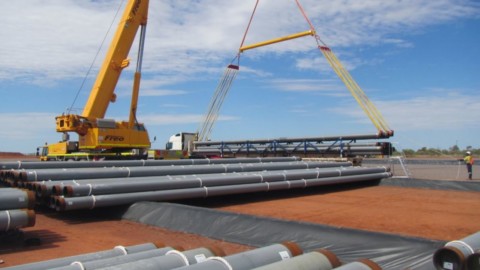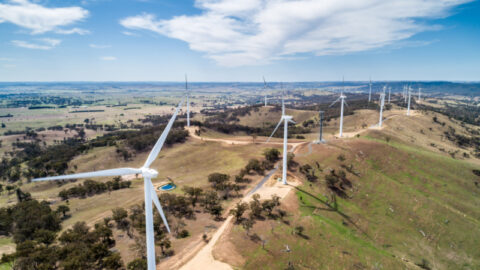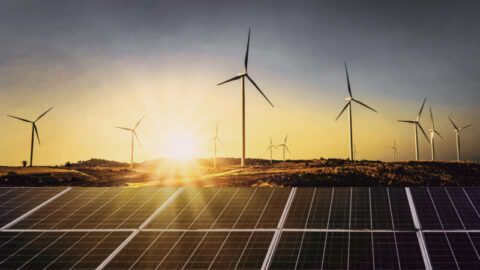The New South Wales Government has released its 2023-24 Budget, investing over $3.9 billion into clean and affordable energy for the state’s future.
The New South Wales Government is committed to transitioning its energy system to meet its emissions reduction targets of 50 per cent by 2030 and net zero by 2050, and seizing the opportunities that this will bring to communities across the state.
This Budget is expected to allow the government to get the Energy Roadmap back on track after 12 years of privatisation, cost overruns and delays.
New South Wales’ transition to renewable energy will benefit from $1.8 billion to transmit and store energy across the state.
The budget has allocated $1 billion to establish an Energy Security Corporation to invest in storage and firming projects like pumped hydro and address gaps in the market.
Projects could include community batteries and virtual power plants that will allow households and communities to pool electricity generated from rooftop solar, reducing their reliance on the grid and cutting their power bills.
A further $804 million is being committed to the Transmission Acceleration Facility to connect Renewable Energy Zones to the grid sooner, while bringing forward benefits to the communities who host these renewable power stations of the future.
In addition to large-scale infrastructure, the budget will help ease rising cost-of-living pressures for those who need it most. In partnership with the Australian Government, $1.3 billion is being committed in 2023–24 to provide energy rebates and targeted energy bill relief to up to 1.6 million eligible households and around 300,000 eligible small businesses.
The New South Wales Government is also committing a further $100 million to support families and households with their energy bills throughout 2024 and 2025.
To boost net zero manufacturing, $480 million is being provided to ensure the state’s workers, small businesses and industries receive the enormous benefits from the transition to renewables. Local manufacturing capacity and capability for delivering critical components for the state’s emerging renewable energy sector will be expanded.
The New South Wales Government will also help businesses manufacture low carbon products at scale, which has the potential to decarbonise New South Wales industries and support the growing domestic circular economy.
An additional $263 million is being invested to increase electric vehicle (EV) uptake in New South Wales and help the state achieve its net zero emissions targets. A new state EV Strategy will prioritise charging infrastructure in regional and metropolitan areas, to ensure the state is ready for more EVs to hit the road.
The 2023-24 Budget is also set to increase a range of electrical rebates available to eligible households, spending $100 million from the budget to support families and households with their energy bills.
From 1 July 2023:
- Low Income Household Rebate and Medical Energy Rebate will increase from $285 to $350. This is an increase of 23 per cent.
- Family Energy Rebate will increase from $180 to $250 for those receiving the full rate, which is an increase of 39 per cent.
- For those on a partial rate (who also receive the Low Income Household Rebate) the assistance will move from $20 to $30.
- Seniors Energy Rebate will increase from $200 to $250. This is an increase of 25 per cent.
- The Life Support Rebate will increase for each piece of equipment by 22 per cent.
- The $100 million funding is on top of the $326 million allocated in 2024-25 to the existing six energy rebates and one crisis support payment, Energy Accounts Payment Assistance (EAPA).
New South Wales Minister for Energy, Penny Sharpe, said “The New South Wales Government is delivering on its promise to provide relief to families and other households who are finding it difficult to pay their energy bills.
“We understand many people are doing it tough. This additional funding will make a material difference to some of the most vulnerable members of our community.
“The government is committed to keeping downward pressure on prices at the same time as working to get more renewable energy into the grid, which will deliver cleaner and more affordable power.”
















